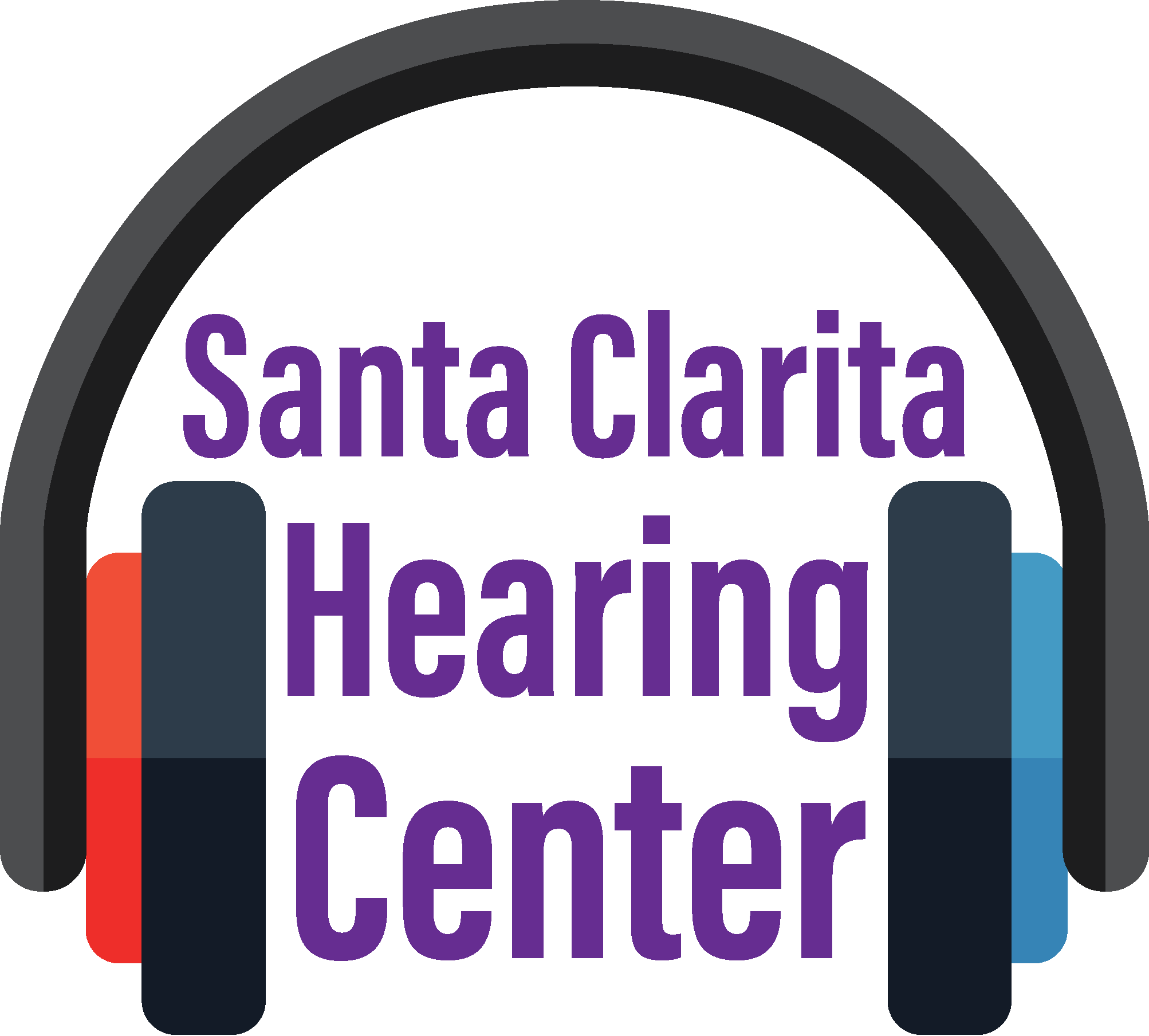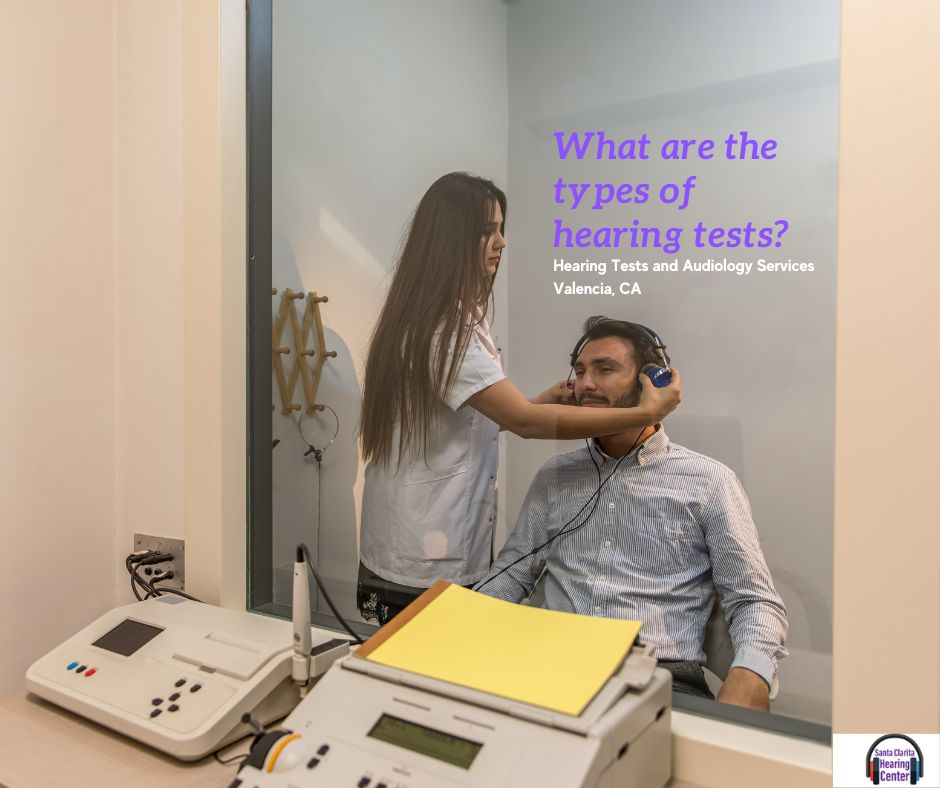The onset of hearing loss usually occurs gradually but in some cases, some individuals may also experience sudden hearing loss. Getting a hearing test is the initial step you must take for any hearing problems.
Audiologists are trained to perform hearing tests to prevent further hearing damage and develop the appropriate treatments for your specific hearing concerns.
Why do you need to get a hearing test?
Santa Clarita Hearing Center encourages everyone to get a comprehensive hearing evaluation, even without any symptoms. During your hearing evaluation, we will:
- Discuss your medical history and your current lifestyle to get a clearer picture of how hearing loss affects your day-to-day activities.
- Use state-of-the-art equipment and techniques to determine your current hearing ability.
- Gain a better understanding of the frequencies you can hear along with how well you understand speech in noisy listening environments.
Hearing tests are completely painless and can be completed shortly!
During a hearing test, we encourage patients to bring a spouse or family member to accompany them to the clinic. This can help you feel more relaxed and allows you to discuss your options with someone you love and trust.
Types of Hearing Tests
Pure-Tone And Bone Conduction Testing
Pure-tone testing finds the faintest tones that a patient can detect at high and low frequencies. Bone-conduction testing is comparable to pure-tone testing, but it employs a different set of tools to deliver a distinct set of results. Audiologists will use bone-conducting testing to identify whether the hearing loss is conductive or sensorineural.
Speech Testing
To corroborate the results of the pure-tone test, a speech reception threshold test is done. We can use this test to establish the minimum sound level at which a patient can correctly detect verbal speech.
Otoscopy
This is a visual examination of the ears using an auriscope or an otoscope. Otoscopy is a necessary aspect of routine hearing examinations. Otoscopy allows audiologists to see the ear canal and the tympanic membrane or eardrum. An otoscope can reveal any obstructions, perforations, or physical injury.
Tympanometry
This test may be performed in most healthcare providers’ offices to determine how the middle ear is functioning. It does not indicate whether or not the patient is hearing anything. However, it aids in detecting any pressure changes in the middle ear. This is a difficult test to perform on younger children since the patient must sit still and not cry, talk, or move.
Specialized hearing tests
There are specialized hearing tests designed for babies, children, and patients who may have limitations in responding to or following verbal instructions. These specialized tests allow us to test the auditory system even if the patient is not able to actively participate in or follow the instructions in the evaluation.
Evoked otoacoustic emissions (EOAE) is a specialized hearing test for infants and young children. It involves inserting a small, flexible plug into a baby’s ear. The plug is used to send sounds. A microphone in the plug records the normal ear’s otoacoustic reactions (emissions) in response to the sounds. An infant with hearing loss has no emissions. This specialized hearing test is painless and usually only takes a few minutes. It is performed while the baby is sleeping.
Another type of specialized hearing test is auditory brainstem response (ABR). This is a hearing test that involves wires (electrodes) connected to the baby’s scalp with adhesive. While the baby sleeps, small earphones placed in the baby’s ears make clicking sounds. The test monitors the activity of the brain in reaction to sounds. Just like an EOAE test, ABR is painless and just takes a few minutes.
Hearing Tests in Santa Clarita, CA
Hearing loss can have an impact on general health and wellness, which is why a baseline hearing test and yearly hearing check-ups are critical for detecting any hearing abnormalities early on.
Santa Clarita Hearing Center offers a wide selection of hearing tests in Santa Clarita, CA.
Contact us today to schedule your hearing test!


